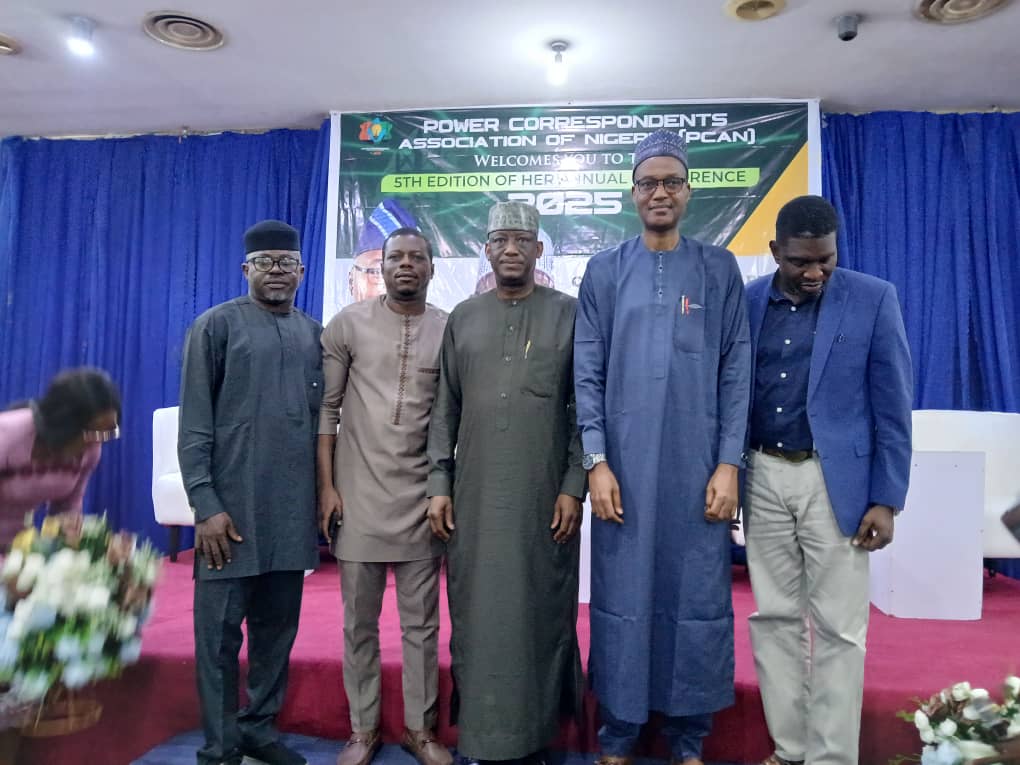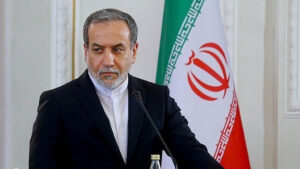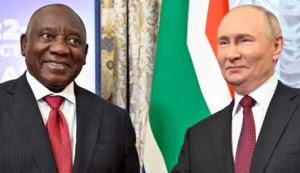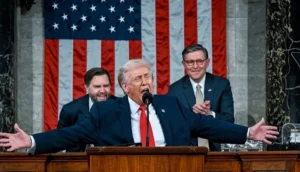The Nigeria Institute of Social Order (NISO) has called on electricity distribution and generation companies to strike a balance between tariff increases and the financial realities of Nigerians. The group warned that many households are already struggling to survive and any sharp rise in electricity bills could push more families into energy poverty. According to NISO, access to power should not become a luxury that only the rich can afford.
NISO explained that while power companies need funds to improve supply and develop infrastructure, the economic situation in the country must be considered. They noted that Nigeria is dealing with high living costs, rising unemployment, and unstable income levels, making tariff hikes difficult for the average citizen to bear. The organization stressed that affordable electricity is essential for small businesses, students, and working families to function daily.
The Institute urged stakeholders in the energy sector to adopt a fair and transparent approach when adjusting tariffs. They encouraged the government, Discos, and Gencos to explore alternative funding strategies such as subsidies, renewable energy support, and modernization grants. These solutions, according to NISO, will help the power sector grow without worsening the suffering of ordinary Nigerians.
Additionally, NISO highlighted the growing problem of energy poverty, where people spend too much of their income trying to access electricity or turn to unsafe alternatives like generators and candles. The group warned that without affordable power, Nigeria’s development goals, including industrial growth and digital learning, could be delayed. They insisted that equity and fairness should guide all electricity pricing decisions.
NISO called on authorities and private sector operators to listen to public concerns and adopt policies that protect vulnerable households while improving power supply nationwide. They emphasized that bridging Nigeria’s energy poverty gap requires long-term planning, accountability, and a strong commitment to citizen welfare.







